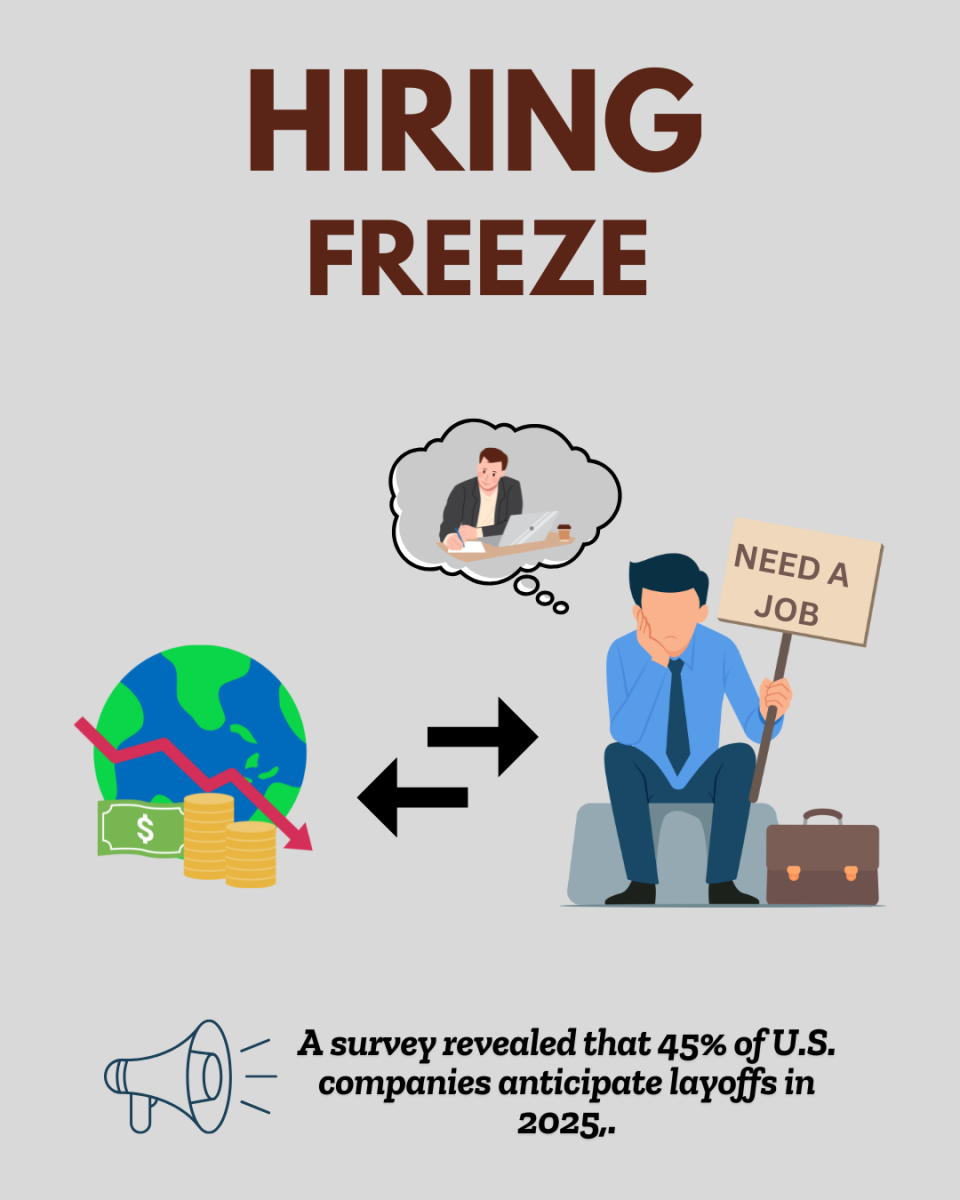Military action seems to be on the backburner for now since the U.S. and Russia reached an agreement to destroy all of Syria’s chemical weapons.
However Obama said, “If diplomacy fails, the United States remains prepared to act.”
Joshua Stockley, political science and sociology professor, believes the U.S. should be slow to use military action.
“I think that US should only take military action if diplomatic efforts fail. Every opportunity should be given to Russia to get Syria to handover their chemical weapons,“ said Stockley. “If Syria fails to do so than US should take limited military action against Syria. Because if no one does anything then the entire world would have condoned the use of chemical weapons.”
Assad has denied responsibility for the attacks although his prime minister admitted using them.
Assad agreed to Russia’s proposal to handover its chemical weapons but only if America stops threatening Syria and supplying terrorist with weapons.
The Syrian army used lethal force after it’s intelligence chief was killed in Damascus. The use of chemical weapons against its own people crossed the red line set by the United Nations prompting world-wide calls for military action.
“We can say that Bashar Al Assad is Hitler 2013. …[The Alawites, Assad’s religious sect] are the cancer in their region. They are the minority. They are the defective cells. And someone should take a stand to their face,” said Badwi Mouawad, senior biology major.
Mouawad is from Lebanon, a bordering country to Syria, and his father works in politics there.
Countries like the UK and France have pledged allegiance to America if a military strike is needed. But Russia and China believe diplomacy would be the better option. Iran said a huge response was inevitable
if Syria was attacked. Some people agree that a strike is needed but others oppose the decision, citing the mess in Iraq and Afghanistan.
Anti-government protests began in Tunisia and Egypt before later spreading across the Arab world, including Syria.
Compared to the widespread unrest of the Arab world, the protests in Syria before March 2011 were relatively peaceful. Syria’s government used strict security measures due to a fear of insurgency like in neighboring Iraq. The conflict began as a civil uprising, but quickly turned to minor protests around January 2011 as a response to the regional Arab Spring, huge corruption, high unemployment levels, and human rights abuses.
“Every time an election happens in Syria, Bashar Al Assad wins 99.99% somehow. The people going down to the streets, they just prove that there is no 99.99% of people who loves him. There is no 99.99% of people who voted for him,” said Mouawad.
Large-scale unrest began on March 15 Daraa. The government responded to the protests with large arrests and police brutality but protests continued to grow. In late-April, the regime, led by Assad, began launching large-scale military operations against unruly towns and cities.
The largest protest happened in the city of Aleppo a day after the formation of Free Syria Army. In May 2011 armed insurgency began against the government.
Nearly two million people have sought refuge in neighbor states Turkey and Lebanon while another million have been internally displaced. The death toll, per the Syrian Observary, is over 100,000. At least 40,146 civilians have died.



